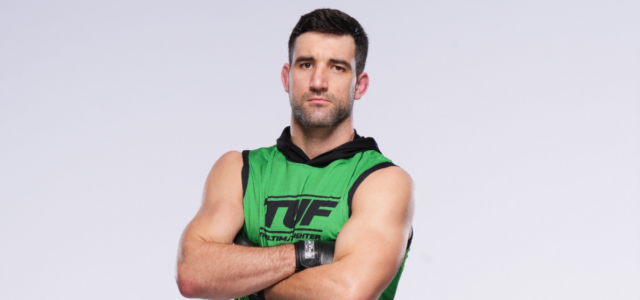
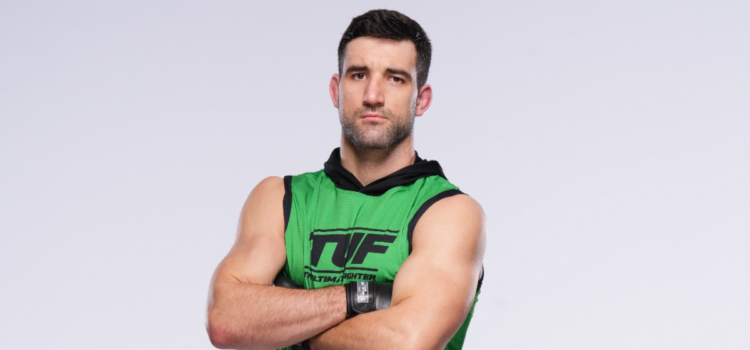
UFC Fighter Ryan Loder Shares Advice for Wrestlers, Stresses Mental Health
BlogHealth & FitnessHigh School Baseball/SoftballHigh School Wrestling Pinned by TCWMartial ArtsMore SportsNewsNewsTickerSan Diego SectionSportStars of the WeekStaffPickswrestling February 18, 2025 Lauren Keating 0

Ryan Loder provides training insights for wrestlers, and shares the importance of mental health in sports.
When Ryan Loder stepped into the UFC APEX ring in Las Vegas this past August his life was changed forever—the years of dedication to wrestling, seven-days-a-week workouts, and hunger for achieving greatness paid off.
In his fight against Robert Valentin, it took two rounds before Loder came out the winner of The Ultimate Fighter Season 32, after his TKO to his opponent.
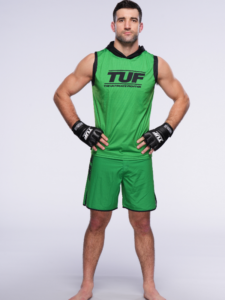 “Winning was awesome,” The Man of Steel said.
“Winning was awesome,” The Man of Steel said.
Loder said there were times he questioned pursuing this goal, especially since there is not a lot of money in professional fighting before getting major sponsors.
There is also fierce competition among athletes who are chasing the same dream, with fighters often calling it quits due to injury or personal reasons.
“It’s a tough sport,” the middleweight UFC champ said, “so making it all the way through was magical.”
Then there’s the full-time schedule of training. “You have to have it as an obsession because everyone else does,” Loder said. “It’s your job. This helped when I was in college because I had the same mindset, and I treated it as such.”
Loder graduated from the University of Northern Iowa with an MBA in business administration. He was a Division I All-American for Northern Iowa, where he was a three-time wrestling team captain for the Panthers.
Loder is also a four-time NCAA qualifier, a three-time top twelve finisher, and placed seventh at 184 pounds at the 2013 NCAA Championships.
Before college, Loder competed for Granite Bay High School, becoming a two-time state winner and a two-time Fargo freestyle All-American.
His experience as a college athlete was “everything” when it came to preparing for a career in MMA. everything. “I went to school and I got a business degree and I got an MBA, but I used my wrestling more than anything,” he said. “I first built my business on it and then from that I got introduced to the people that I’m working with now. From my skills that I’ve learned at Northern Iowa, I’ve traded with other people their skills, so I didn’t have to work with anyone under a world champion level ever.”
On his road to UFC, Loder competed for Panther Wrestling Club post-college on the Senior level in freestyle. He took sixth place at the 2015 U.S. Open at 189 lbs.
His training for UFC includes morning stretches and ice baths, breathwork, and cardio. After a breakfast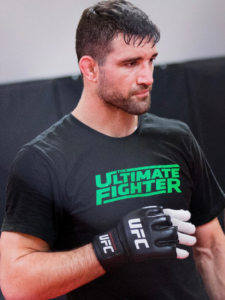 break, he is off for practice as part of Team Alpha Male, both in the late morning and the afternoon.
break, he is off for practice as part of Team Alpha Male, both in the late morning and the afternoon.
“Mondays and Fridays are hard lift days, and then Wednesdays are our sparring days, and Tuesdays, and Thursdays are more wrestling base days,” he revealed of his training schedule.
The weekends include boxing, sparring, and an outdoor activity such as running, and active recovery to close the week.
“You’re competing against the best in the world that is hungry, that doesn’t have the same stuff you have, that is fighting for their family,” Loder said. “So it’s all it’s all or nothing.”
High school and college wrestlers need to find a balance between academics and training.
“There like three things you could do. You can be like a good athlete, you can be good at school, and you can be good in social life,” was Loder’s advice to upcoming athletes. “You can only pick two. You don’t have a social life. My social life is the gym.”
What helps is his friends and teammates are also at the gym. Loder also uses his time in the gym to help the next generation of wrestlers in his role as a coach with Team Alpha Male.
“The more you give, the more you receive, and the faster you grow,” he said. “I think that was something to help me win the title,” he said of coaching.
Loder also focuses on his mental health, being a pro athlete helping to remove the stigma for male competitors. “Something that helped me in the show was [focusing on] mental health.”
He adds meditation and journaling to his self-care routine. “I feel like people get distracted from the present moment a ton,” he said. “For athletes, when they’re in the present moment they’re in that flow state during their sport. Start not only focusing on your physical stuff but also taking time to focus on your mental preparation.”
Loder often responds to fans on social media to give mental health tools and tips. “Plus I say reach out to Healthy Life Recovery Center of San Diego. I give them that number and if I can’t help them, those guys are professionals and they either help them or send them in the right direction. That’s the message— to stay mentally healthy because your physical health matches your mental health.”


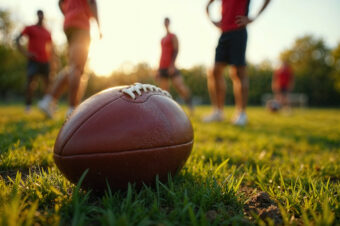



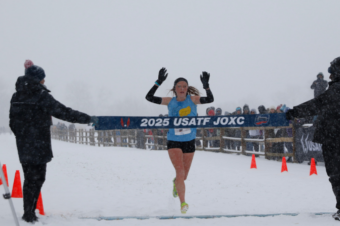
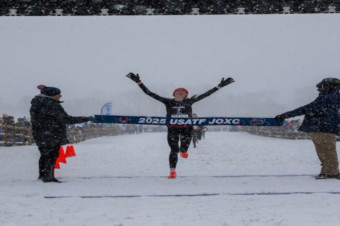
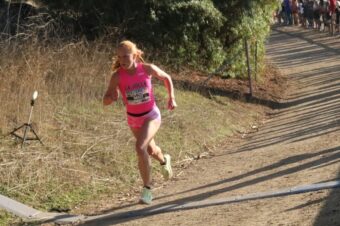
No comments so far.
Be first to leave comment below.